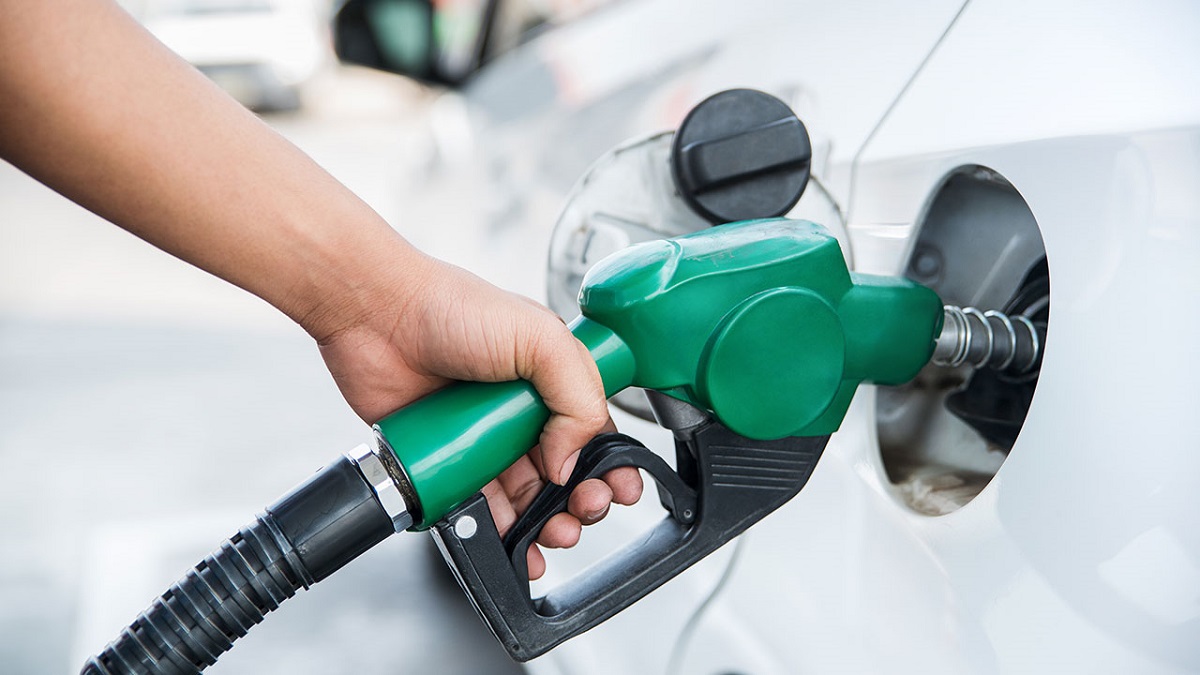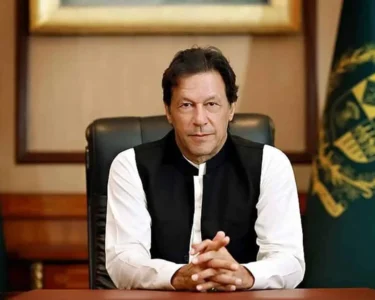The potential decrease in petrol prices and the surge in investment opportunities bode well for Pakistan’s economy and its citizens.
In a highly anticipated development, Pakistan is on the verge of receiving its inaugural consignment of oil from Russia, a game-changer that promises respite for the financially strained nation and its citizens. This article delves into the imminent arrival of the Russian shipment, the country’s new greenfield oil refining policy, and the implications for Pakistan’s energy security goals.
A New Era of Oil Imports from Russia
The Minister of State for Petroleum, Musadik Malik, recently confirmed that Pakistan will soon witness the arrival of a substantial one-lac-ton shipment of oil from Russia. This long-awaited event, slated to occur within the next three days, heralds a momentous breakthrough for the nation’s struggling economy.
Pakistan’s Greenfield Oil Refining Policy: Unlocking Investment Opportunities
During a press conference held in Islamabad, Minister Musadik Malik shed light on Pakistan’s progressive greenfield oil refining policy, designed to invigorate the economy by attracting significant investment. Under this visionary policy, the construction of new refineries in designated special economic zones will offer tax exemptions and investor protection, facilitating a favorable environment for business growth.
Must Read: Petrol prices fall soon?
Enhancing Energy Security: LPG Airmix Policy
Minister Malik also elucidated Pakistan’s unwavering commitment to achieving energy security. He unveiled the LPG Airmix policy, a strategic initiative aimed at supplying liquefied petroleum gas (LPG) to regions lacking access to conventional gas supplies, with active participation from the private sector. By leveraging this policy, Pakistan aims to bridge the energy gap and provide an uninterrupted energy supply to all its citizens.
Meeting Growing Demand for Petrol and Diesel
Highlighting the pressing need for petroleum products, Minister Malik emphasized Pakistan’s current annual demand for petrol and diesel, which stands at a staggering 20 to 21 million tons. While local refineries currently fulfil half of the country’s oil requirements, the consumption of furnace oil is witnessing a decline. Projections suggest that by 2032, Pakistan’s annual consumption of petrol and diesel will surge to an estimated 33 million tons, further underscoring the necessity for sustainable energy solutions.
The Arrival of the Russian Shipment
Anticipation is mounting as Pakistan eagerly awaits the arrival of the much-anticipated crude oil vessel from Russia. Expected to reach Oman between May 27 and 28, the vessel will transport the oil to Pakistan via smaller ships. This initial shipment, weighing a hundred thousand tons, marks a significant milestone in Pakistan’s quest for energy independence
Addressing Concerns: IMF and Affordable Petrol Package
Addressing potential concerns regarding objections from the International Monetary Fund (IMF) regarding the affordability of the proposed petrol package for the underprivileged, Minister Malik expressed unwavering confidence. He assured that the government had meticulously considered the economic implications and was certain that such objections would not hinder the initiative.
With the imminent arrival of the Russian oil shipment and the introduction of Pakistan’s groundbreaking greenfield oil refining policy, the nation stands on the brink of a new era in its energy landscape. The potential decrease in petrol prices and the surge in investment opportunities bode well for Pakistan’s economy and its citizens. As the nation continues to pursue its energy security goals and strives to meet growing demand, this historic event promises to be a turning point in Pakistan’s journey toward self-sufficiency in the oil sector.




